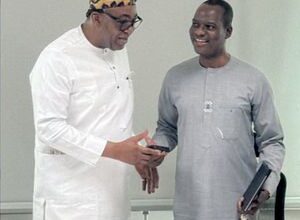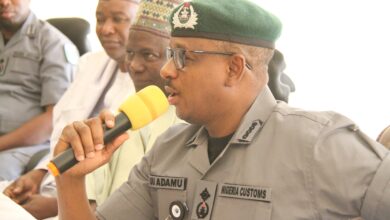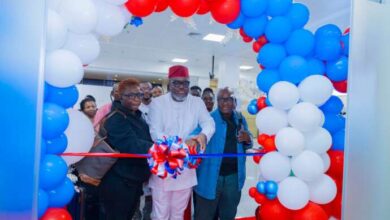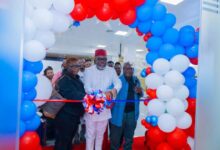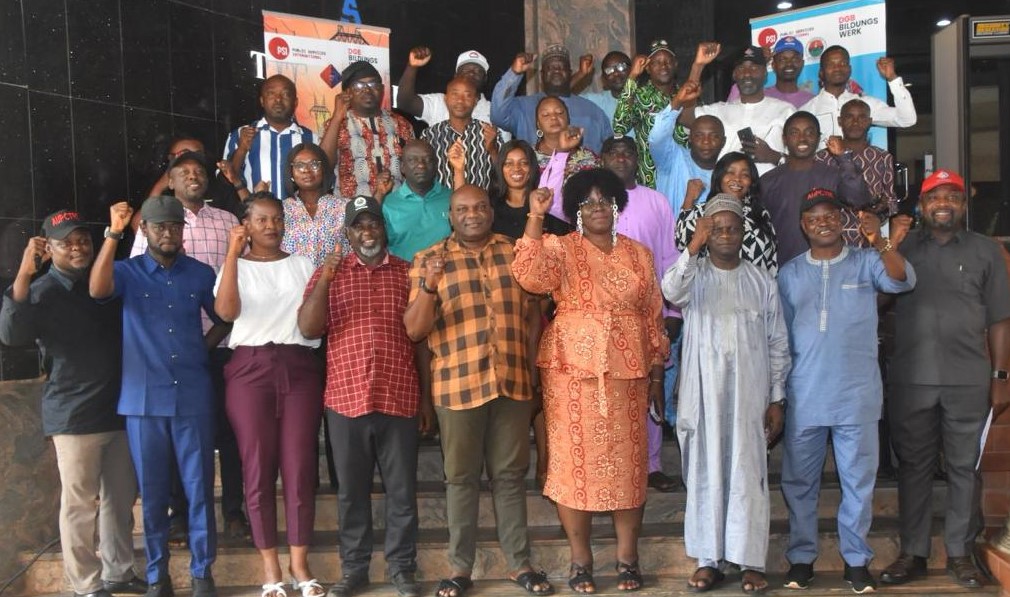
By Edu Abade
The Amalgamated Union of Public Corporations, Civil Service Technical and Recreational Services Employees (AUPCTRE) and the National Union of Electricity Employees (NUEE) have reiterated their opposition to privatization of the electricity sector and resolved to work together in stopping water privatization.
The two unions made the pledge at a workshop in Abuja on Promoting Transparency and Decent Work in Supply Chains in Electricity, Water and Waste Services in Sub-Saharan Africa supported by DGB Bildungs Werk and Public Services International (PSI).
The unions also lamented the collapse of the electricity sector in the hands of private individuals.
In his intervention on Promoting Transparency and Decent Work in Supply Chains in Electricity, Water and Waste Services in Sub-Sahara Africa-Phase II, NUEE Acting General Secretary, Igwebike Dominic said members of the union are worried due to epileptic power supply, hence the call for reversal of privatization in the electricity sector.
He lamented poor policies and mismanagement of the sector which he said continuously affects Nigerians and canvassed an end to casualisation of workers, saying: “All workers must be treated as workers. We must ensure that we team up to stand against unfortunate policies.”
Also, National President of AUPCTRE, Comrade Benjamin Anthony, urged members to unite, insisting that unity is necessary to enable the union to achieve success.
“We need to continuously work together to ensure success. We know that a lot of policies are affecting smooth operation in the sector but we must work together and stand strong,” he said.
He lamented over the consistent collapse of the national grid, saying that those in power might be playing politics to garner resources for elections.
“But we have to play our roles effectively and protect the sector. We must also team up against certain policies that do not augur well for the Nigerian workers. We also need to set an example for our junior ones in the service and encourage the leaders,” he stressed.
In his intervention, PSI-DGB National Coordinator, Comrade Abiodun Bakare, said several engagements with rank-and-file recently in several states across the country revealed a lot of challenges faced by members.
He said the engagement was meant to gauge the pulse of members on the privatization plans of the government, noting that the challenges in the sector needed a collective approach by members to address them.
“We need to voice out our feelings on various issues and challenges so that we will unite as a team and face them.”
In her presentation, Comrade Abiodun Badru commended the leaders of the unions for their vision and leadership, while extolling their selflessness in the discharge of their duties to members.
She said the PSI-DGB has been encouraging unions to build solidarity from the Global North to the Global South and mobilizing to defend the rights of workers and the people they provide services to, adding: “We are also building the gap for unions to have the capacity to engage and demand for workers’ rights.”
In his presentation on Campaign Planning and Strategy, Executive Director of Renevlyn Development Initiative (RDI), Philip Jakpor, encouraged members of the unions to build their campaigns on certain questions, which include: What is the situation we want to change? Who is affected by the situation we are advocating? What can we do to improve the situation? What resources are needed? And what tactics are available to implement the campaign? How do we measure success?
Jakpor also stressed the importance of communication plans in a campaign, pointing out that it ensures that the target audience of a campaign gets the message.
He listed the benefits of effective communication to include giving a sense of direction, helps map the audience, helps to identify gaps in policy and advocacy, helps to identify message pillars and helps in evaluation, among others.






